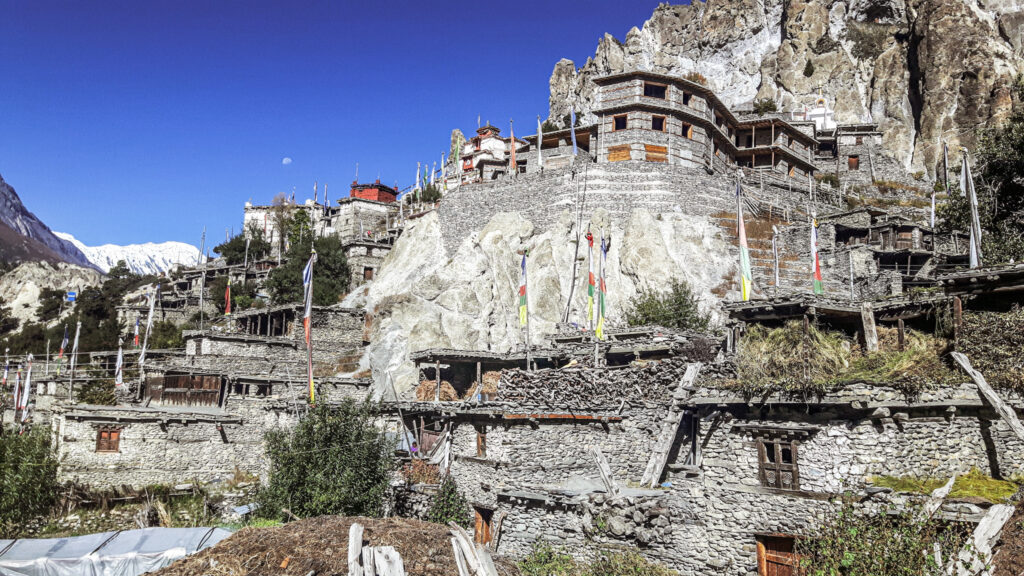Travelling is one of the most rewarding experiences one can have, but it can be an even more enriching experience if you dive deep into the cultural aspects of your destination. Cultural immersion is a popular concept among travellers, and it is becoming increasingly popular as people seek more authentic experiences. But what exactly is cultural immersion? In this ultimate guide, I will define the concept of cultural immersion when travelling, explain why it is important, and provide some tips on how to achieve it during your travels.

Table of Contents
What is cultural immersion?
Cultural immersion is about becoming fully immersed in a culture beyond the superficial aspects. It is about exploring the local customs and traditions, tasting the local cuisine, practising the language, and engaging with the locals. Cultural immersion allows you to observe and understand how the locals live, socialise, work and think, and how those values relate to the rest of the world. The act of immersing oneself in another culture enables travellers to learn and develop an appreciation of the world’s diverse cultures.
Cultural immersion offers many benefits, but primarily it broadens one’s perspective. Through immersion, one learns to see the world through different eyes by accepting different ways of thinking, acting, and living. Additionally, cultural travel fosters respect and appreciation of other cultures, promoting mutual understanding and bridge-building between communities. By learning from other cultures, one can return home with a renewed sense of perspective and personal growth.
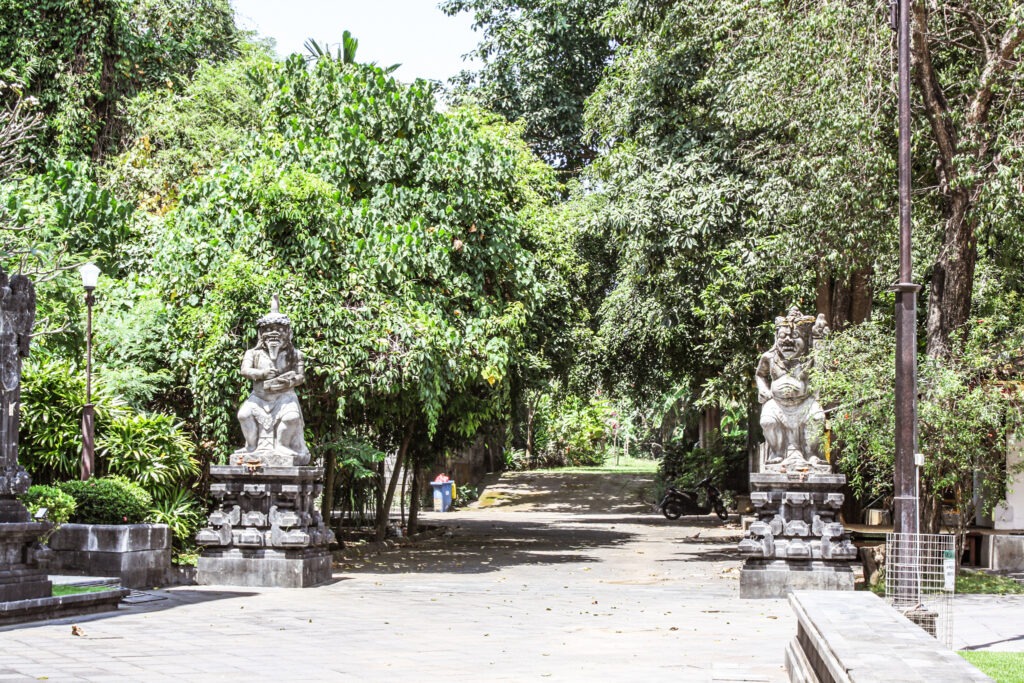
Key aspects and benefits
To achieve cultural immersion when travelling, you need to step out of your comfort zone and into the world of the locals. See the tourist traps but strive to experience the genuine culture of the people. Learn the language, try the local food, and participate in local customs and traditions. Cultural immersion can be through volunteering to work for a local charity, attending festivals, or participating in cultural events such as fairs or carnivals.
Home stays
One of the best ways to achieve cultural immersion is to stay with a local family. Home-stays provide an opportunity to immerse yourself in the home life of the locals. You can participate in the daily lives of your hosts, converse with them in their language, and learn about their values and beliefs. Additionally, home-stays provide a unique opportunity for visitors to sample their host’s cuisine and engage in local traditions that would otherwise be inaccessible.
Tip: Find a homestay via Homestay.com or go Couchsurfing.
Explore the local history
Another way to achieve cultural immersion is to explore and learn about the history of a place. Visit the museums, go to historical sites, and read about the regional cultural and historical background. The more knowledge visitors have about a culture, the better you will be able to understand and appreciate it. This will also help you to engage in meaningful conversations with locals.
Reading tip: read the articles about monumental highlights to visit at In the worlds jungle. Use the search tool or go to type of travel in the second menu bar and click cultural travel or architecture & history.
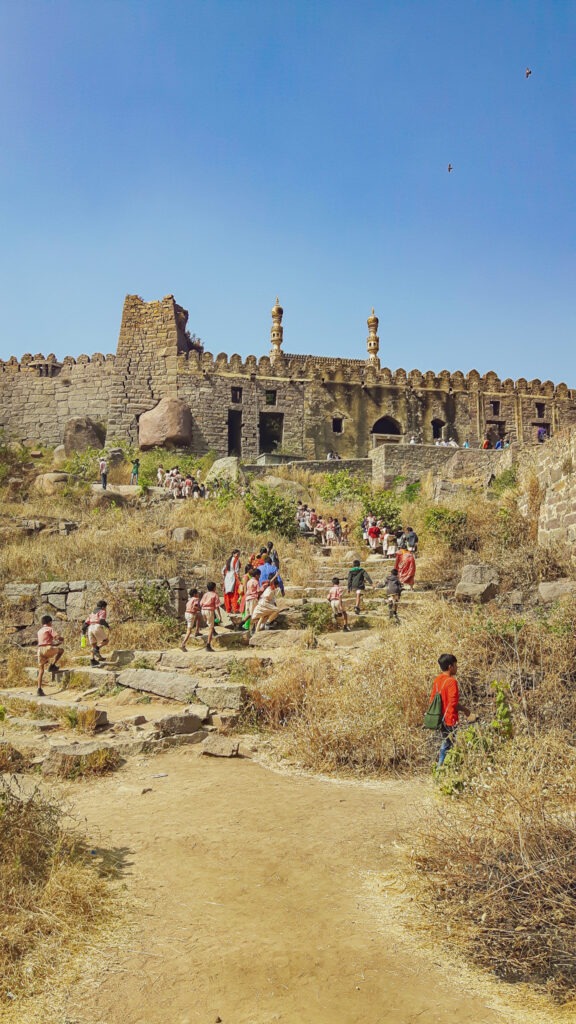
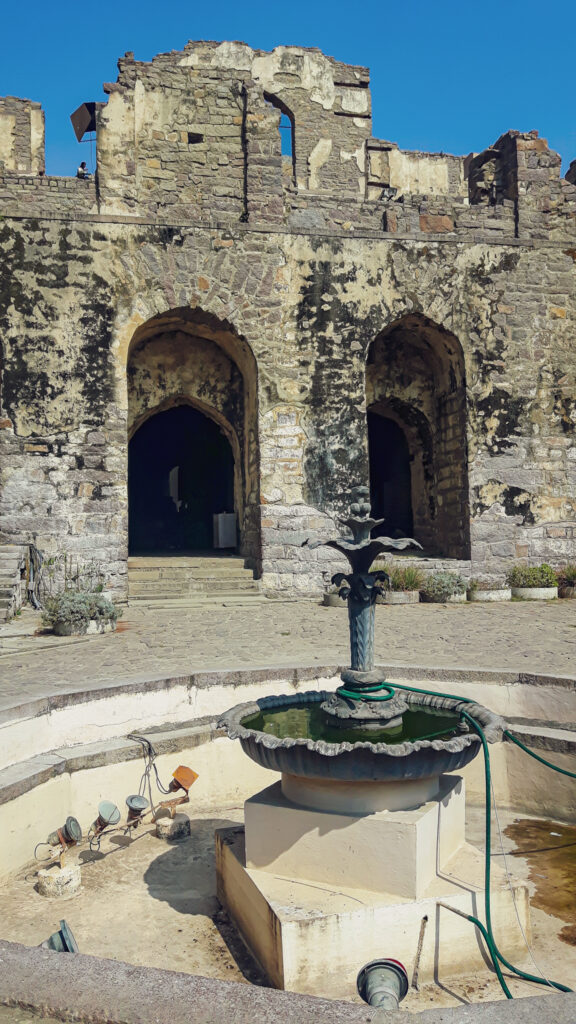
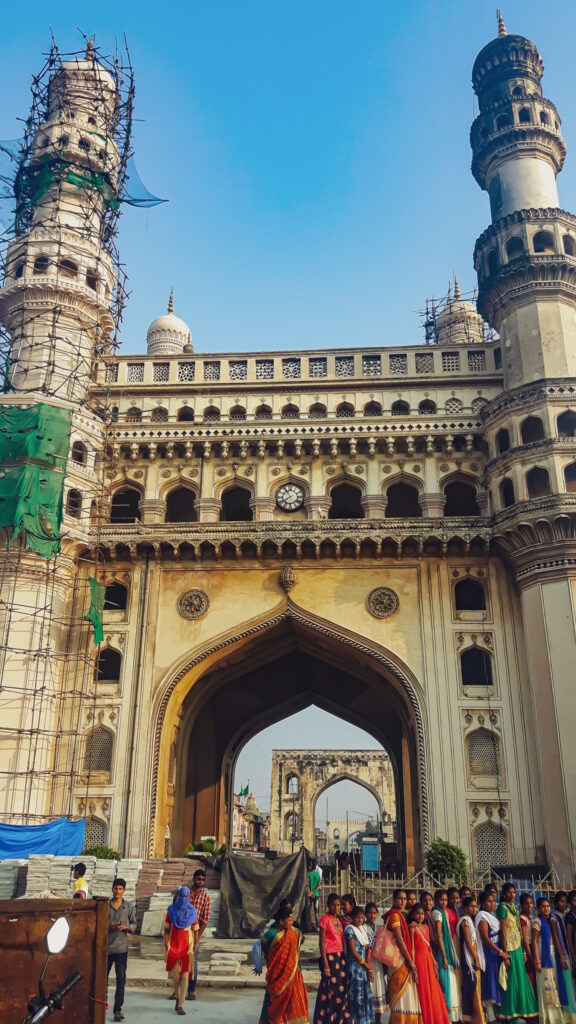
Learn the local language
Travelling without learning the local language is like eating a dish without seasoning; it may look good, but something is missing. Learning the local language can enrich your experience by exposing you to the culture in a more profound way and creating unforgettable memories that you wouldn’t have had otherwise. Learning a language, even at a rudimentary level, is a great way to connect with the people and the place, and of course, yourself. So next time you travel, take the chance to learn some of the local language and embrace the experience fully.
Tip: Check out language trips around the world at Education First.
Cultural understanding
Immersing yourself in a different culture allows you to gain a better understanding of its history, customs, and way of life. This can lead to increased tolerance, empathy, and appreciation for diverse cultures.
Reading tip: The Beginners guide to Indian Culture and Hinduism and Hinduism and culture in Bali, Indonesia. Are you planning to travel around Europe? Have a peak at the Beginners guide to architecture to know more about the history of the European architectural styles and how to recognize them.
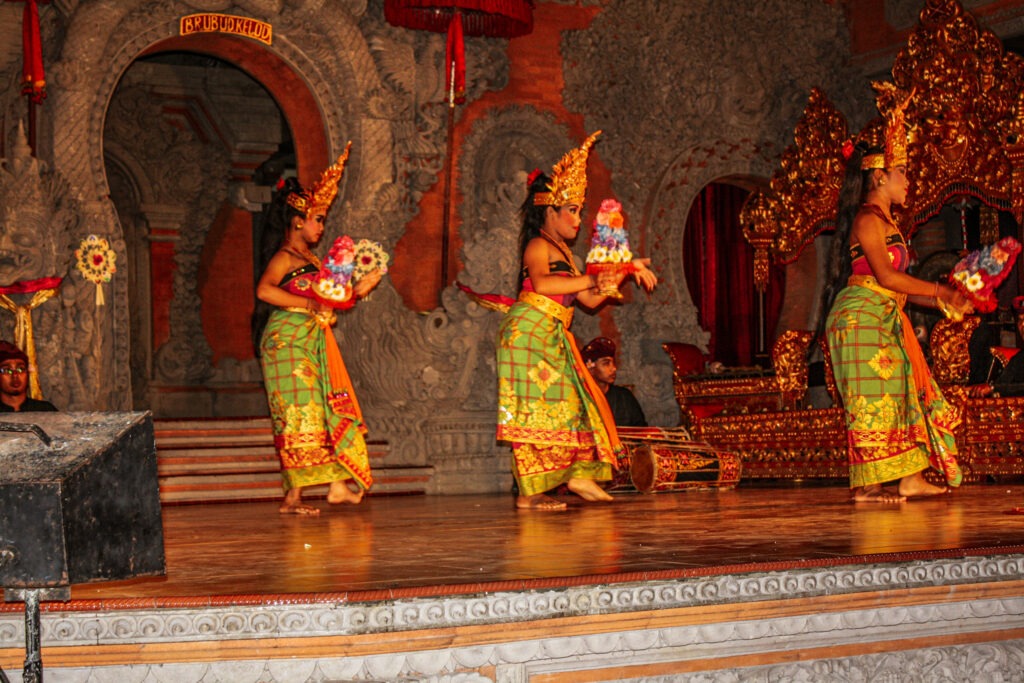
Personal growth
When we travel, we expose ourselves to different cultures, traditions, and ways of living. This exposure helps us develop a greater appreciation for diversity, even if we disagree with certain practices or beliefs. It also allows us to learn new things and step out of our comfort zones, which expands our personal horizons. By expanding our horizons, we develop a sense of openness, flexibility, and mental agility that helps us deal with uncertainty and change in our everyday lives.
Building confidence
Travelling often involves navigating unfamiliar surroundings, speaking different languages, and interacting with strangers. Over time, these experiences build our confidence and resilience, allowing us to face new challenges without fear. When we push ourselves out of our comfort zones, we also cultivate a growth mindset, which means that we are more likely to see challenges as opportunities for learning and growth, rather than obstacles to be avoided.
Improving communication
Travelling involves communicating with people from different backgrounds and cultures. Through these interactions, we learn to adapt our communication style and develop our empathy and active listening skills. Additionally, when we travel solo, we rely solely on our communication skills to navigate foreign environments and make decisions. By learning to communicate effectively, we become better at expressing ourselves and building relationships, both at home and abroad.
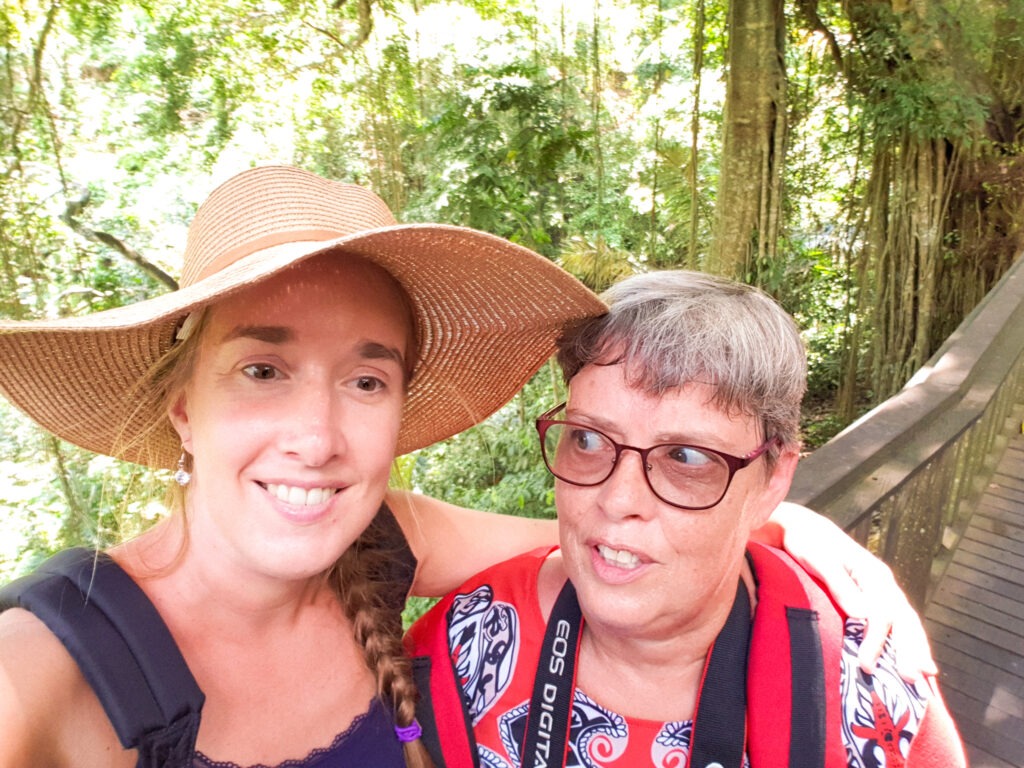
Gaining perspective
Travelling also helps us gain perspective on our own lives and the world around us. When we step away from our routines and familiar surroundings, we can better assess our priorities, values, and goals. We may also gain a better appreciation for what we have, such as our health, relationships, and resources. Moreover, by understanding other cultures and worldviews, we can better put our own problems and challenges in perspective and find more effective ways of dealing with them.
Fostering self-discovery
Travelling also allows us to engage in self-discovery, a critical aspect of personal growth. Through travelling, we can discover new passions, talents, and interests. We may also uncover hidden weaknesses, biases, and blind spots. By engaging in self-discovery, we build greater self-awareness, a deeper sense of identity, and a stronger connection to ourselves and others.
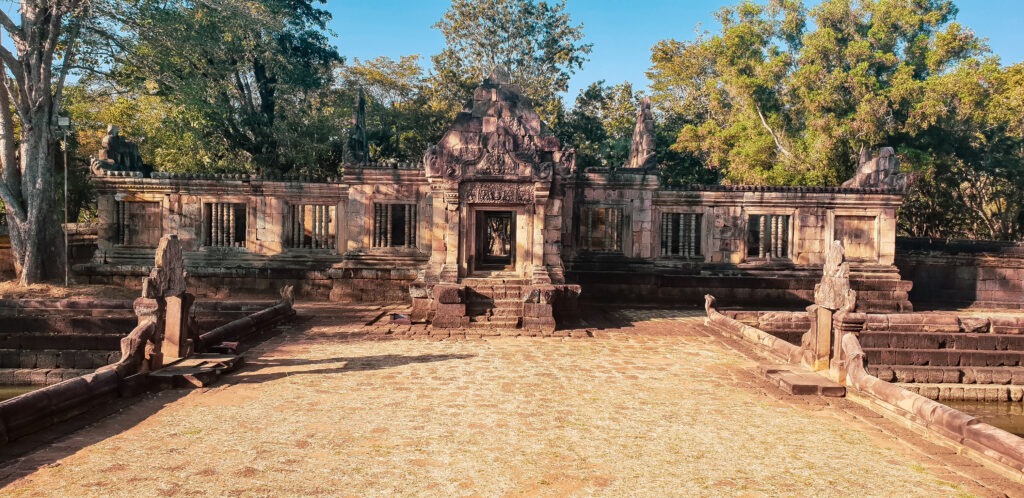
Volunteer work
Volunteering abroad can be a life-changing experience, offering opportunities to learn and grow beyond our comfort zones. It allows individuals to gain new skills, challenge themselves, and develop a more global perspective. Volunteering can also lead to a greater sense of purpose and fulfilment, providing a platform for self-reflection and discovery. By stepping out of your comfort zone and immersing yourself in a new environment, you can unlock hidden talents and potential.
Volunteering while travelling allows travellers to experience different cultures and customs firsthand. It provides an opportunity to build relationships with locals and gain a deeper understanding of various societies. Volunteers may also be exposed to global issues such as poverty and environmental degradation which can deepen their understanding of the world’s challenges. By working together with local communities, volunteers can make a difference and create a lasting impact.
Volunteer work is great for budget travellers
Volunteering abroad can be an affordable way to explore new destinations. Accommodation and meals may be provided in exchange for volunteer work, reducing cost and allowing travellers to stretch their budget. Volunteering can also reduce the burden on local communities by contributing to projects with minimal or no funding. Through volunteering, travellers can give back to the communities they are visiting and become responsible tourists.
Volunteering abroad can add valuable experience to your CV/resume. Employers are always looking for candidates with unique experiences, skills, and a global outlook. Volunteering not only showcases a person’s ability to work in a multicultural environment but also their adaptability to new situations. Through volunteering, you can build your professional network, gain references, and develop transferable skills.
Volunteering while travelling is an excellent way to contribute to society positively. Volunteers can work on various projects such as community development, environmental conservation, education, and health care. These projects provide direct and meaningful impact on the lives of locals, animals, and the natural environment. By volunteering, you can leave a lasting impact and inspire others to do the same.
Personal tip: find a volunteer job via Workaway. Hosts frequently provide complimentary lodging, and on occasion, they may also provide meals. It’s a fantastic opportunity to discover volunteer work, experience local hospitality, learn the language, and fully soak in the local culture.
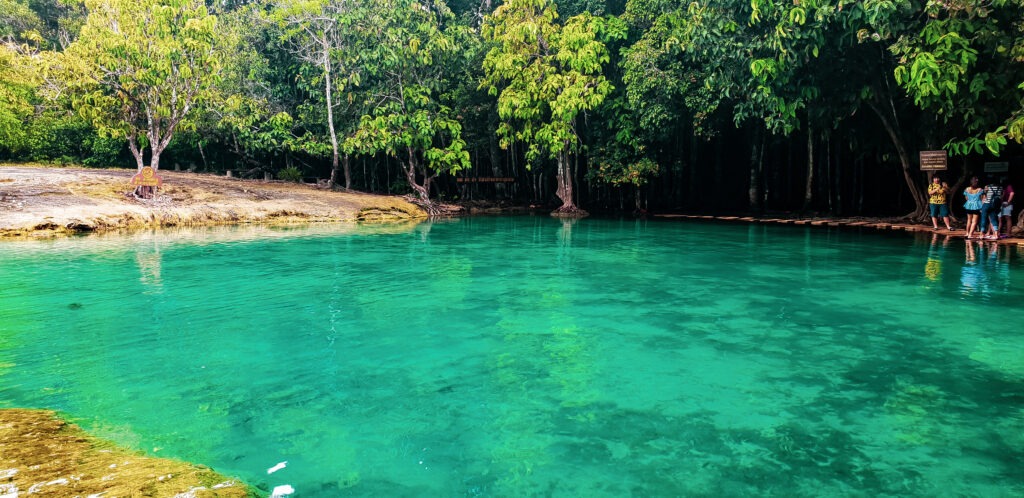
Memorable experiences
Cultural immersion often results in the most memorable travel experiences. It’s the moments of connection, learning, and cultural exchange that stay with you long after you return home.
Supporting local economies
When we choose to use local services, buy local products or stay in locally owned accommodations, we’re not just supporting local businesses. We’re also contributing to the local community and economy. For instance, buying from a small vendor or street seller could make a significant difference in their daily income, which could support their family or contribute to their children’s education. When we help the communities we visit, we’re also indirectly contributing to their wellbeing, health and prosperity. By supporting the local economy, we’re helping to create jobs, strengthen infrastructure, and improve public services like health care, education and transportation.
One of the reasons we travel is to experience new cultures and customs. By supporting local businesses, we’re more likely to encounter authentic cultural experiences and traditions, things that are not available in tourist destinations. For example, we could try local cuisine, buy handmade crafts or souvenirs, or participate in community-driven events or festivals. Not only are these experiences more rewarding, but they’re also more memorable and leave a lasting impression. By meeting locals and engaging with their way of life, we’re immersing ourselves in their culture and helping to keep their traditions alive.
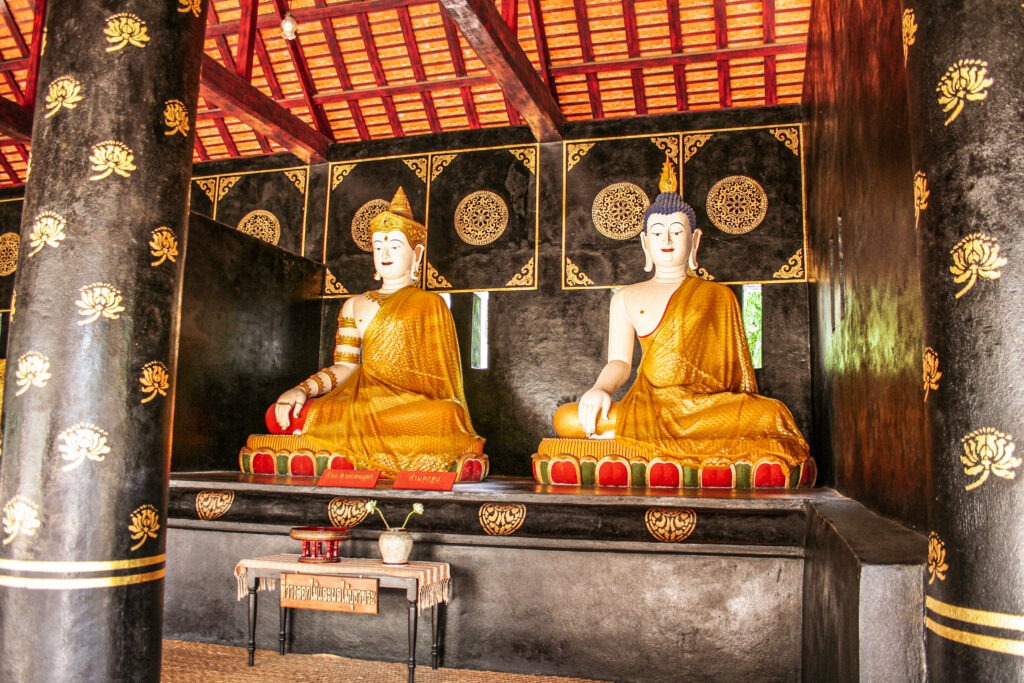
Respect for the environment and sustainability
Sustainable and responsible tourism is an increasingly important concept in the travel industry. It refers to a type of tourism that aims to minimise negative impacts on the environment, society, and culture and maximise positive outcomes for the communities visited. By supporting local economies, we’re contributing to sustainable travel by ensuring that our tourism activities benefit local communities and leave a positive impact. Sustainable tourism also helps to preserve local customs and traditions and protects natural resources. By purchasing local products, we’re lessening the carbon footprint of logistics and supports the natural habitat as well.
Reading tip: Understanding sustainable tourism: explore the world while protecting it
Change your travel experience
Travelling is not just about sightseeing and ticking off a list of places to visit. Cultural immersion when travelling offers a more profound way to travel, connecting us with the people, culture, and history of the places we go. It broadens our minds, instils respect for diversity, and deepens our understanding of the world. By engaging in local customs, traditions, and language, visitors can dive themselves in an entirely different world. Therefore, it is essential to approach travel with a sense of curiosity about the people and their way of life. As you venture out into the world, seek to fully immerse yourself in the culture, and you will discover a whole new dimension to travelling.
Travel inspiration
Unveil the captivating allure of Kandy, the final royal city of Sri Lanka. Immerse yourself in the rich history and majestic monuments in Hampi in India or embark on a serene stroll through scenic rice fields. Indulge in the mesmerizing renaissance architecture of Italy, where enchanting cities like Bologna and Florence await your exploration. Or uncover the mysteries of Niah National park in Borneo. Let your wanderlust guide you to extraordinary adventures!
